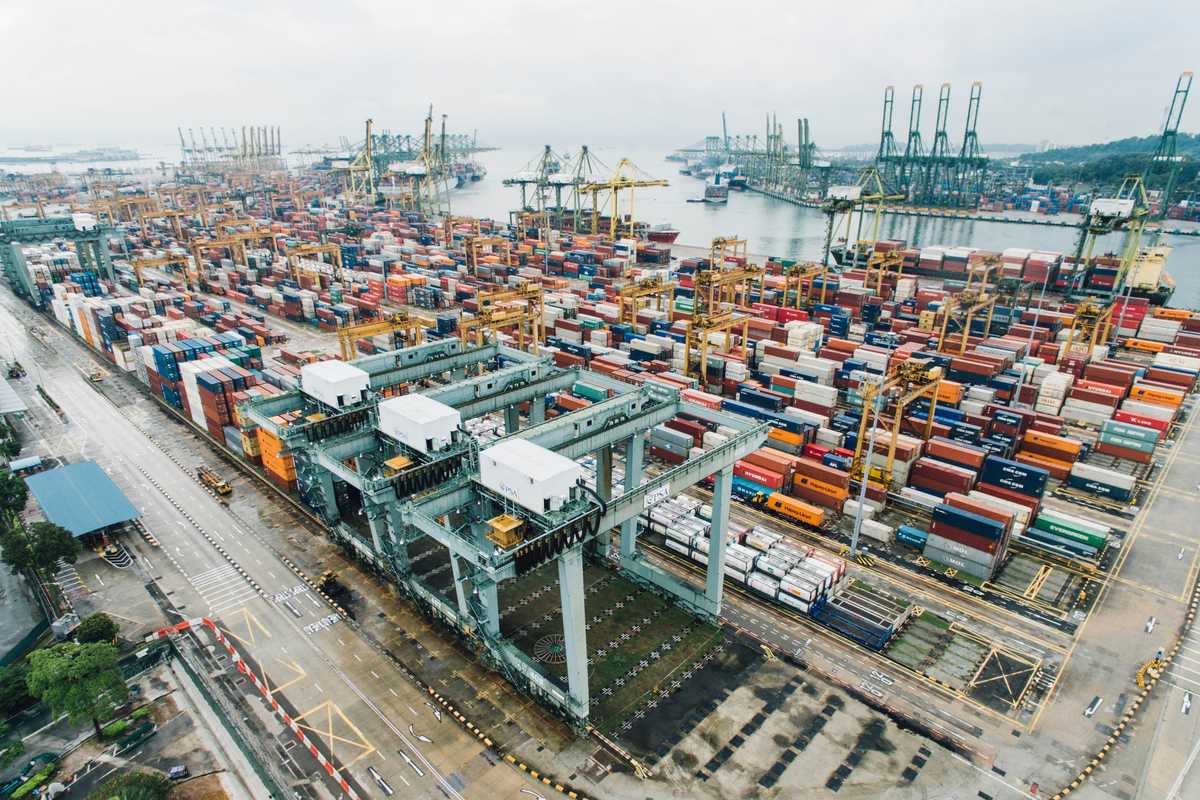Pakistan’s logistics sector loses $36 billion annually due to offline trade
Industry leaders urge digital transformation to boost competitiveness
Business Desk
The Business Desk tracks economic trends, market movements, and business developments, offering analysis of both local and global financial news.

Pakistan’s logistics industry is losing approximately $36 billion annually and shedding 2 to 3 million jobs due to reliance on offline trade, experts revealed at the Pakistan Logistics and Shipping Summit 2025 on Thursday.
The event, held in Karachi, brought together industry leaders, government officials, and private-sector innovators to address the urgent need for digital transformation in the sector.
Speakers emphasized that real-time solutions, including digital processing and tracking, are critical for growth and global competitiveness.
While government processes have modernized, about 70% of private sector activities, such as freight forwarding, still depend on outdated manual methods, creating a significant efficiency gap.
Experts also highlighted trade imbalances, noting that only 40% of imported containers are reused for exports.
Keynote speaker Asif Pervez, CEO of Galaxefi Solutions, praised initiatives like Digital Pakistan and the Pakistan Single Window (PSW), which has digitized over 70 government agencies, streamlining customs and regulatory processes.
However, he warned that technological gaps and slow adoption of digital solutions by small and medium enterprises (SMEs) are hindering progress.
Galaxefi’s real-time platform, integrated with PSW, aims to revolutionize Pakistan’s logistics ecosystem by automating trade processes and boosting export capacity by up to 0.5 million TEUs by 2026.
Panelists, including economist Jibran Hussain Raza and PSW Domain Officer Amar Ahmed Mir, stressed that without embracing real-time systems, Pakistan risks falling behind in global trade.
Najeeb Agrawalla, CEO of 1Link, called for enhanced infrastructure, government incentives, and a supportive regulatory environment to transform Pakistan’s offline trade ecosystem into a competitive digital economy.
The summit concluded with a call for stronger public-private partnerships to leverage digital tools, attract foreign investment, and position Pakistan as a global trade leader.







Comments
See what people are discussing